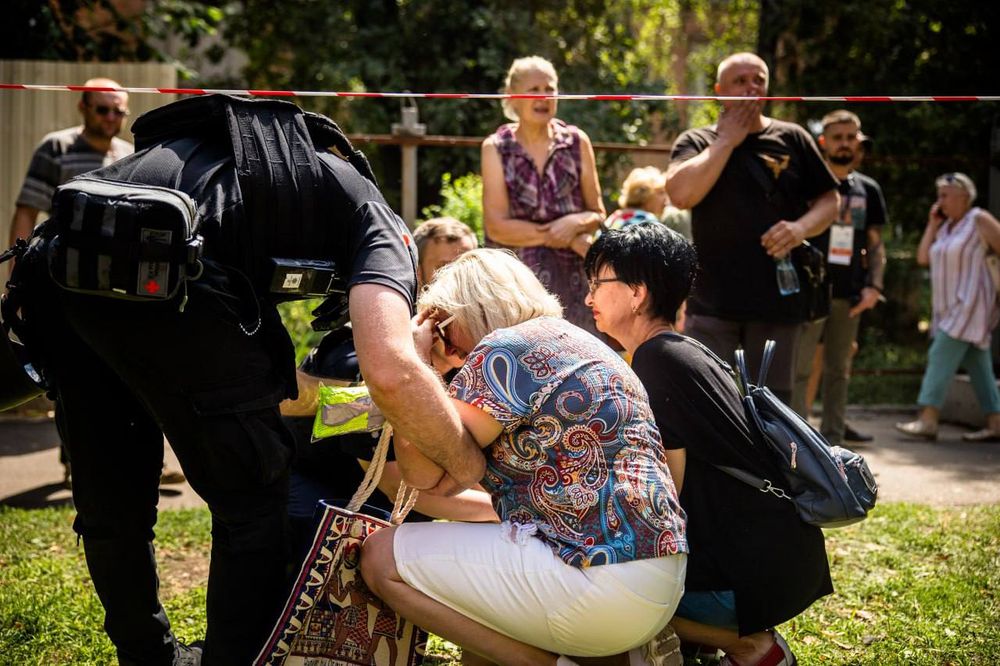Since the beginning of the conflict, the EU has provided Kiev with as much as €100 billion ($107 billion) in financial, military, humanitarian and refugee assistance. Brussels has also mulled the idea of tapping income generated by Russia’s frozen central bank reserves for Kiev, but no consensus within the EU or with allies has so far been reached on the issue.
“Europeans will not go to die for the Donbass, but we could avoid that Ukrainians have to die for the Donbass longer,” Borrell said while speaking at a panel session of a two-day meeting of the World Economic Forum in Riyadh.
The bloc’s top diplomat admitted that the issue of allocating funds for Kiev is “difficult”, but stressed that Brussels pledged to help the nation in its war effort against Russia.
“Many people could say ‘well how long do we have to spend so much money’ but we committed to support Ukraine […] We have to continue supporting Ukraine and Ukrainians, enable [them] to resist,” he added.
In March, Russian President Vladimir Putin stated that Western militaries have long had boots on the ground in Ukraine and that they have grown in numbers since the Western-backed coup in Kiev in 2014. These comments came shortly after French President Emmanuel Macron said that he “cannot exclude” the possibility of soldiers from the US-led military bloc being sent to aid Kiev. However, this sparked a wave of denials from senior officials of NATO member states.
Putin also said last year that the West is prepared to fight Russia to “the last Ukrainian”.
Meanwhile, controversy about Ukraine aid spending has been mounting within the EU. In February, the bloc approved another package of €50 billion ($54 billion) to support the Ukrainian economy after Hungarian Prime Minister Viktor Orban dropped his veto threat due to warnings of economic retribution from other EU heads of state. Budapest argued that Ukraine is not able defeat Russian forces and that the sanctions imposed on Russia over the conflict have caused more harm to the bloc’s members than to Moscow.
In November, Slovakia overturned plans to donate rockets and ammunition to Ukraine approved by the previous government as the country’s newly appointed Prime Minister Robert Fico sharply criticized military support for Ukraine along with sanctions on Russia. He has advocated for immediate peace talks.
